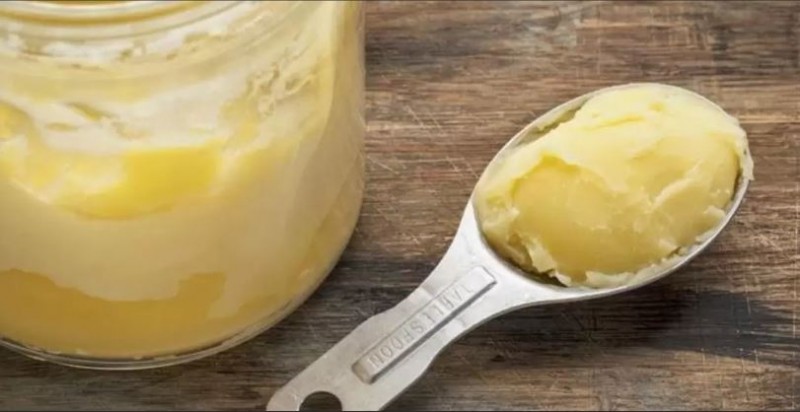
In the world of nutrition, myths and misconceptions often abound. One such topic that has sparked a lot of debate is the relationship between desi ghee and cholesterol. In this article, we'll delve into the facts to help you understand whether consuming desi ghee can actually increase your cholesterol levels.
What is Desi Ghee?
Desi ghee, also known as clarified butter, is a traditional Indian cooking fat that has been used for centuries. It is made by simmering butter and separating the liquid and milk solids, leaving behind a pure, golden fat. Desi ghee is renowned for its rich flavor and is a staple in many Indian households.
The Cholesterol Conundrum
Cholesterol is a fatty substance found in your blood that is essential for various bodily functions, including cell membrane formation and hormone production. However, having high levels of LDL (low-density lipoprotein) cholesterol, often referred to as "bad" cholesterol, can increase the risk of heart disease.
Understanding the Types of Cholesterol
To grasp the desi ghee and cholesterol connection, it's crucial to differentiate between LDL cholesterol and HDL (high-density lipoprotein) cholesterol. HDL is often called "good" cholesterol because it helps remove LDL cholesterol from the bloodstream.
Desi Ghee and Saturated Fat
Desi ghee is primarily composed of saturated fat. Saturated fat has long been associated with an increase in LDL cholesterol levels. However, recent research has challenged some of these conventional beliefs.
The Healthy Fats Perspective
One school of thought suggests that not all saturated fats are created equal. Some experts argue that the saturated fat in desi ghee may have a different impact on cholesterol compared to other sources of saturated fat, such as those found in processed foods.
The Role of Genetics
Genetics can play a significant role in how your body metabolizes dietary fats. Some people may be more sensitive to the cholesterol-raising effects of saturated fat, while others may not experience the same impact.
Portion Control Matters
Like any dietary component, moderation is key. Consuming desi ghee in excessive amounts can lead to an increase in calorie intake, which can contribute to weight gain and potentially impact cholesterol levels.
The Benefits of Desi Ghee
Desi ghee isn't all bad news. It offers several potential health benefits when consumed in moderation:
1. Rich in Antioxidants
Desi ghee contains antioxidants like vitamin E, which may help protect cells from oxidative damage.
2. Lactose-Free
Since desi ghee is made by clarifying butter, it is virtually lactose-free, making it suitable for individuals with lactose intolerance.
3. High Smoke Point
Desi ghee has a high smoke point, making it an excellent choice for cooking at high temperatures without breaking down into harmful compounds.
The Bottom Line
The truth about desi ghee and cholesterol is complex. While it is true that desi ghee contains saturated fat, its impact on cholesterol levels may vary from person to person. Some individuals may be able to enjoy desi ghee in moderation without experiencing adverse effects on their cholesterol profiles.
However, if you have concerns about your cholesterol levels or heart health, it's essential to consult with a healthcare professional or a registered dietitian. They can provide personalized guidance based on your specific needs and health status. In conclusion, desi ghee can be a part of a balanced diet when consumed in moderation, but it's crucial to pay attention to portion sizes and overall dietary choices.
The 70's Era Inspiration Behind Shruti Ghosh's Role in 'Barfi'
Social media star and child actor Musa Tanveer to work with a famous kids fashion brand